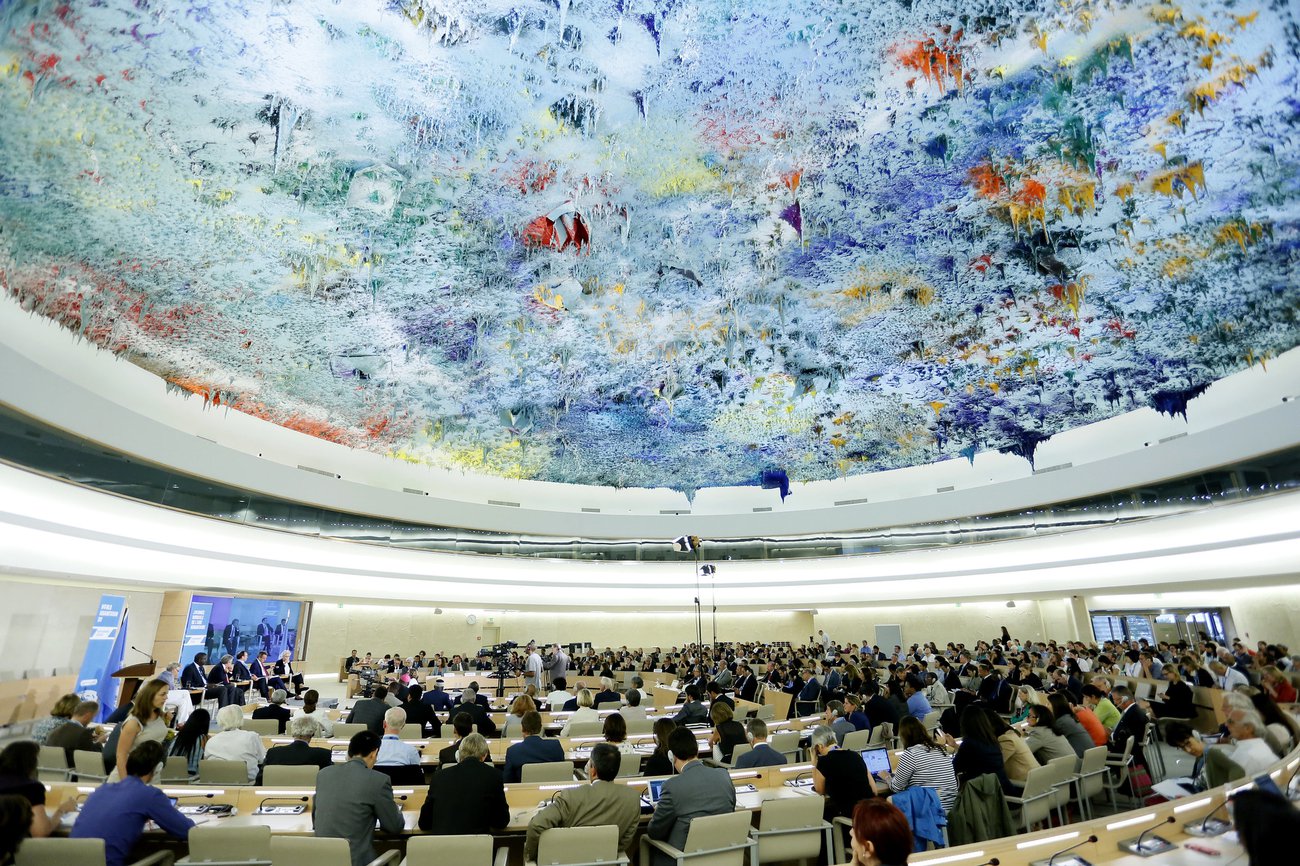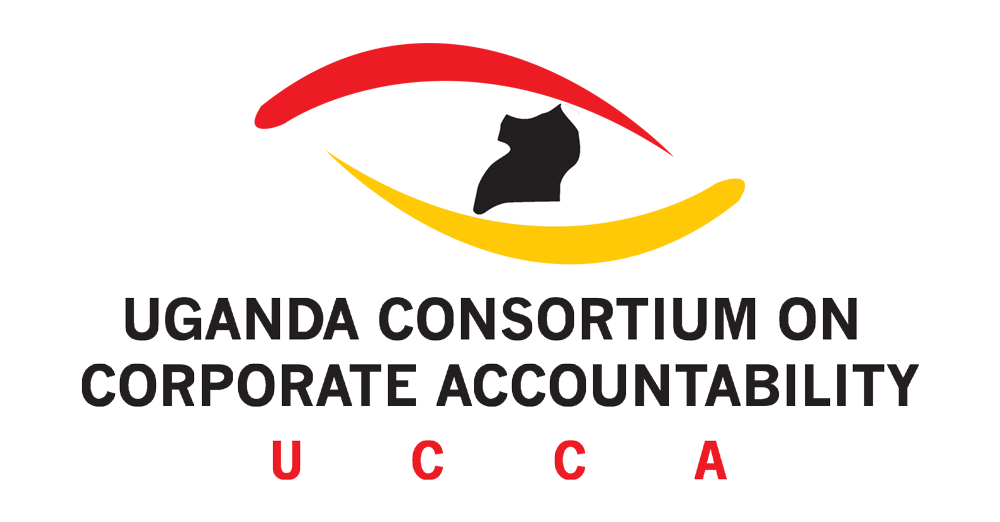UN Working Group publishes roadmap for the next decade of business & human rights

As the UNGPs turned 10 in June 2021, the UN Working Group on Business and Human Rights […] took stock of the first decade of implementation…
This document – the UNGPs 10+ Roadmap for the next decade – follows the stocktaking, complementing the assessment of the first decade with forward-looking recommendations for the next one. Building on the stocktaking’s analysis of achievements to date and existing challenges and opportunities, it sets out key action areas for the road ahead and for progressively getting closer to fuller UNGPs realization. Each action area identifies priority goals for what needs to happen and supporting actions to be taken by States and businesses as well as other key stakeholders, all playing a role in realizing UNGPs implementation. Its ultimate objective echoes that of the UNGPs themselves—that they should be translated to practice so as to “achieve tangible results for affected individuals and communities, and thereby also contributing to a socially sustainable globalization.”
The stocktaking and the Roadmap are results of the Working Group’s UNGPs 10+ project, which has been supported by a wide-ranging multi-stakeholder consultation process.
The Working Group has identified eight action areas for moving faster and with greater ambition to support the overall urgent need for more coherent action. The Roadmap elaborates on the priority goals connected to each action area, setting out what needs to happen over the next decade to scale up UNGPs integration and implementation and corresponding supporting actions to be taken by States and businesses, as well as other stakeholders.
ACTION AREA 1: UNGPs AS A COMPASS FOR MEETING GLOBAL CHALLENGES
Goal 1.1 Make business respect for human rights a core element of just transition and sustainable development strategies, by applying all three pillars of the UNGPs (State duty to protect, business responsibility to respect, and need for access to remedy) …
Goal 1.2 Enhance collective action to tackle systemic challenges …
Goal 1.3 Optimize digital transformation through respect for human rights …
Goal 1.4 Ensure coherence and alignment in standards development …
ACTION AREA 2: STATE DUTY TO PROTECT
Goal 2.1 Improve policy coherence to reinforce more effective government action …
Goal 2.2 Seize the mandatory wave and develop a full smart mix …
ACTION AREA 3: BUSINESS RESPONSIBILITY TO RESPECT
Goal 3.1 Scale up business uptake and translate commitments to respect into practice …
Goal 3.2 Embed human rights due diligence in corporate governance and business models …
Goal 3.3 Challenge business practices that are inconsistent with respect …
ACTION AREA 4: ACCESS TO REMEDY
Goal 4 Move from paper to practice in tackling barriers to access to remedy …
ACTION AREA 5: MORE AND BETTER STAKEHOLDER ENGAGEMENT
Goal 5 Ensure meaningful stakeholder engagement to reinforce protect, respect and remedy …
ACTION AREA 6: MORE AND BETTER LEVERAGE TO DRIVE FASTER CHANGE
Goal 6.1 Seize financial sector ESG momentum and align the S in ESG with the UNGPs …
Goal 6.2 Leverage other business community “shapers” beyond regulators and finance …
ACTION AREA 7: MORE AND BETTER TRACKING OF PROGRESS
Goal 7.1 Spur State action and accountability through more systematic learning and monitoring …
Goal 7.2 Improve the tracking of business impacts and performance …
ACTION AREA 8: MORE AND BETTER INTERNATIONAL COOPERATION AND IMPLEMENTATION SUPPORT
Goal 8.1 Plug the gap in UN system integration of the UNGPs …
Goal 8.2 Enhance capacity-building and coordination to support faster and wider UNGPs uptake and implementation …
Goal 8.3 Spur regional races to the top
Download the roadmap here
This post originally appeared on the Business & Human Rights Resource Centre website
